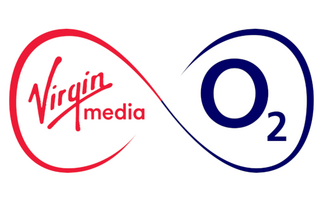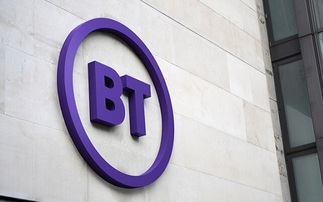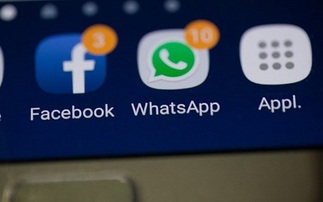Shadow culture secretary attacks levy and argues for deregulation and stimulation of the private sector
Hunt says Digital Britain plans will prevent investment The Tories have accused the government of planning to turn the 50p per line "telephone tax" into a communications levy that could cost busi...
To continue reading this article...
Join Computing
- Unlimited access to real-time news, analysis and opinion from the technology industry
- Receive important and breaking news in our daily newsletter
- Be the first to hear about our events and awards programmes
- Join live member only interviews with IT leaders at the ‘IT Lounge’; your chance to ask your burning tech questions and have them answered
- Access to the Computing Delta hub providing market intelligence and research
- Receive our members-only newsletter with exclusive opinion pieces from senior IT Leaders




















